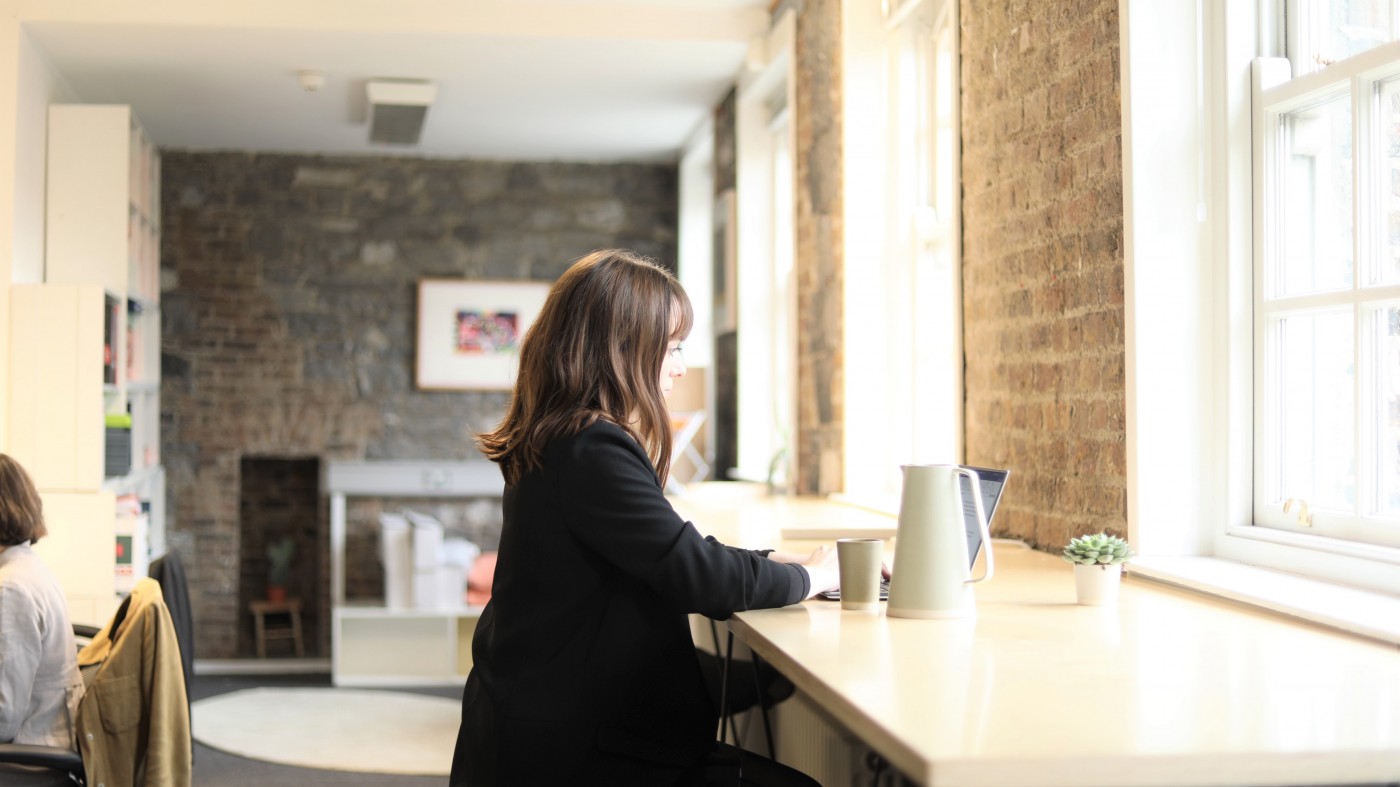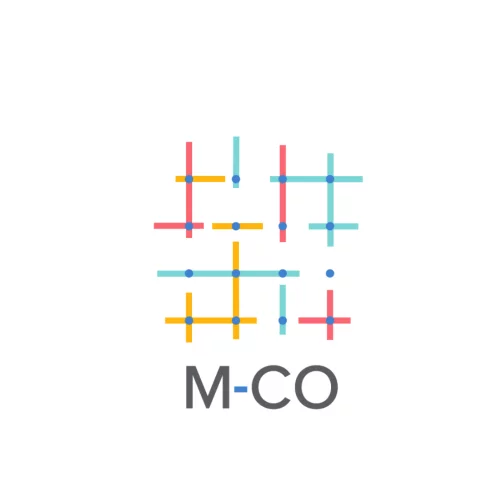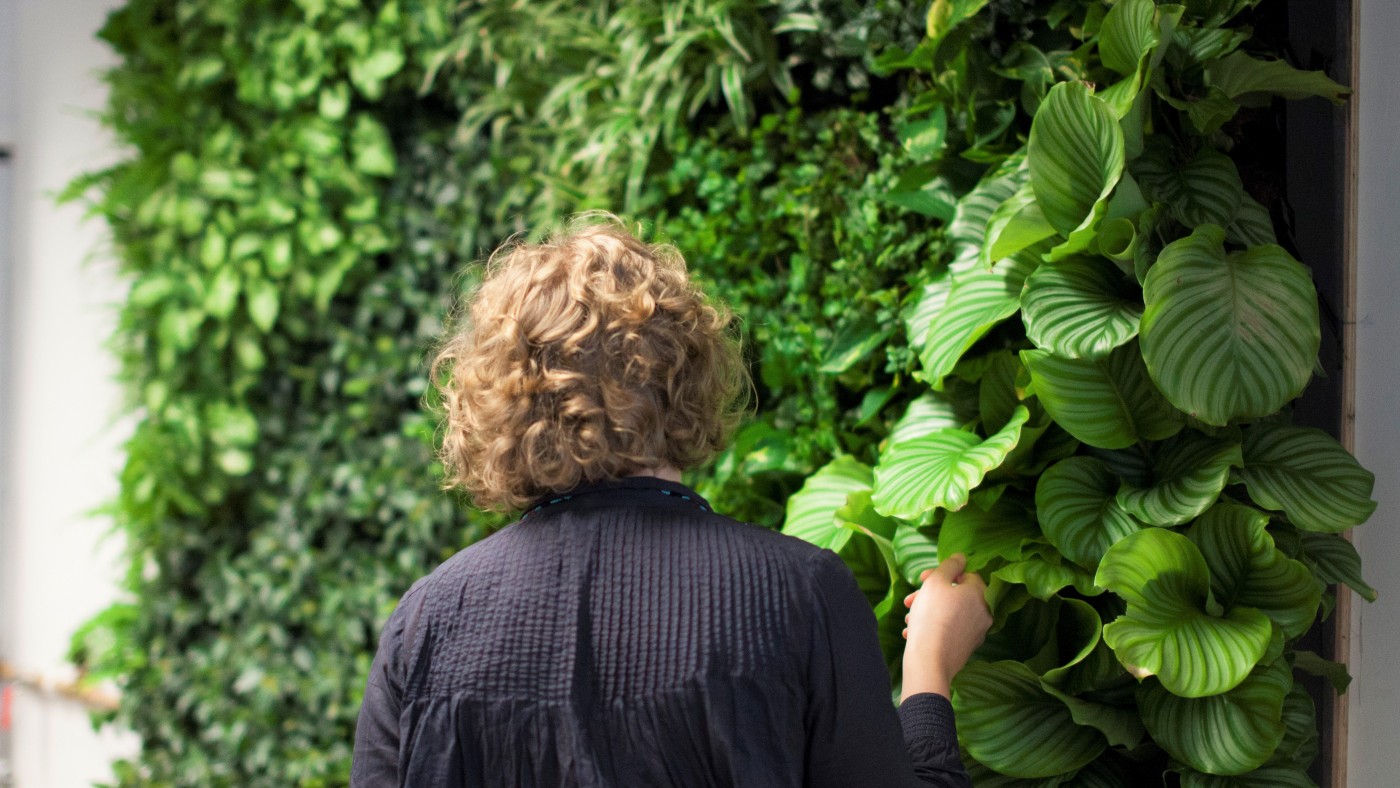Today, April 13th, is National Workplace Wellbeing Day, a day to celebrate and promote wellness practices within the workplace. A rounded approach to workplace wellbeing has fast become an important topic for companies of all sizes, and Ireland is the first country in Europe to put in place a day devoted to championing it, with over 500 companies (including M.CO) taking part this year.
Over the past 12 months, we’ve been working on the promotion of our own health and wellbeing in our office and will celebrate our achievements today by showcasing the physical and functional changes made to the office space as well as how we work in it.
Our experience working across health and well-being, environmental, and cultural projects encouraged our interest in how we could draw on elements of living well and living sustainably to create better workplaces.
Recent reporting on worldwide physical inactivity really made the team sit up and think. Of the 57 million deaths that occurred worldwide in 2008, it is estimated that 9% of premature mortality was caused by physical inactivity [Lee et al, 2013].
This phenomena is partly due to insufficient participation in physical activity during leisure time and, most relevant to office life , an increase in sedentary behaviour during occupational and domestic activities as well as passive modes of transport [WHO, 2018].
Considering that Irish people spend on average 26.5 hours sitting each working week [HSE, 2016], the warning flag for many office-workers and in turn their employers needs to be translated into real action now.
To help address this, employers need to engage with their teams by actively supporting them to take part in physical activity within or near to the workplace and at the very least, discouraging lengthy sedentary sessions at a desk.
Taking the International Well Building Institute’s seven-principle approach to designing a WELL work space as our start-point, an internal staff survey at M.CO asked the team for feedback on the office space using the WELL principles as a framework.
Using the key issues which arose from the survey, the Office Improvement Team collaborated to find solutions for improving work spaces and stations, lighting, and IT solutions, and introducing wellness sessions and nature into the space. The changes made to the office helped to realign the space and practices to reflect the needs of the team and our core values.

The installation of a living wall was the most significant visual change to the space which now provides the link to nature that we thrive on, helping us to perform better at our work by improving concentration and productivity [Browning et al, 2014]. It has even encouraged other building occupants to introduce more plants elsewhere, like the entrance way.
The rich colours and varied textures of the living wall add another dimension to the office that draws the attention of the whole team and clients who visit us. In comparison to man-made patterns, patterns found in nature are more readily processed by the brain which allows for energy to be used for problem-solving, creativity and thinking time [Biederman and Vessel, 2006], as well as lowering blood pressure and heart rate [Brown et al, 2013].
The cultural change required to counter the traditional view that to be seen at your desk is a measure of your productivity is multi-layered. At M.CO we tackled this by providing more clarity on what we use the office space for, alongside the introduction of new policies for how we use the space. Now, the team can use the office in a dynamic and flexible way; standing meetings, hot-desking at a window bench and using the library space to take a brain-break.
The steps taken to promote wellbeing practices at M.CO, such as a weekly team breakfast with fresh fruit and yoghurt and a variety of wellness sessions like yoga and mindfulness support the whole person, not just their professional self. It has also provided a regular opportunity for the team to interact beyond a task, activity, project or deadline, which has been successful in increasing team satisfaction.
Into the future, we’ll be tailoring ways of working for the team and enhancing the environment further. It is an evolving, iterative process that will require input from the whole team on an ongoing basis to ensure their changing needs are met in a meaningful and sustainable way with the wellbeing of everyone at the centre of the changes we make.
If you’d like to discuss how we can help you implement WELL principles in your office, get in touch here.

